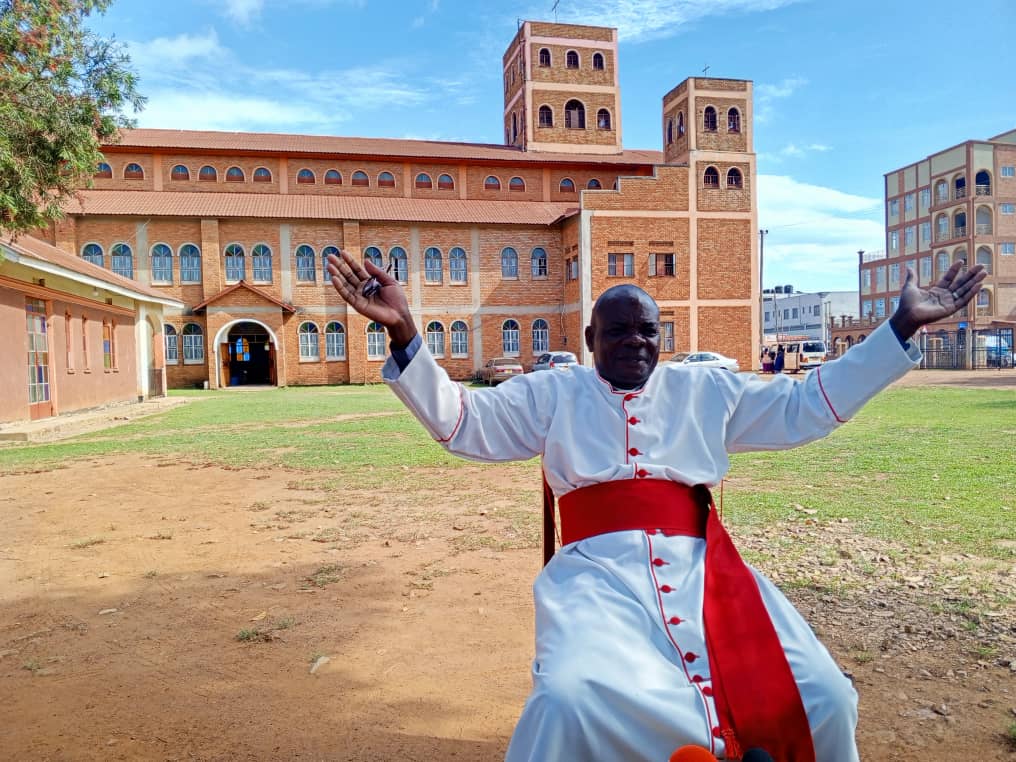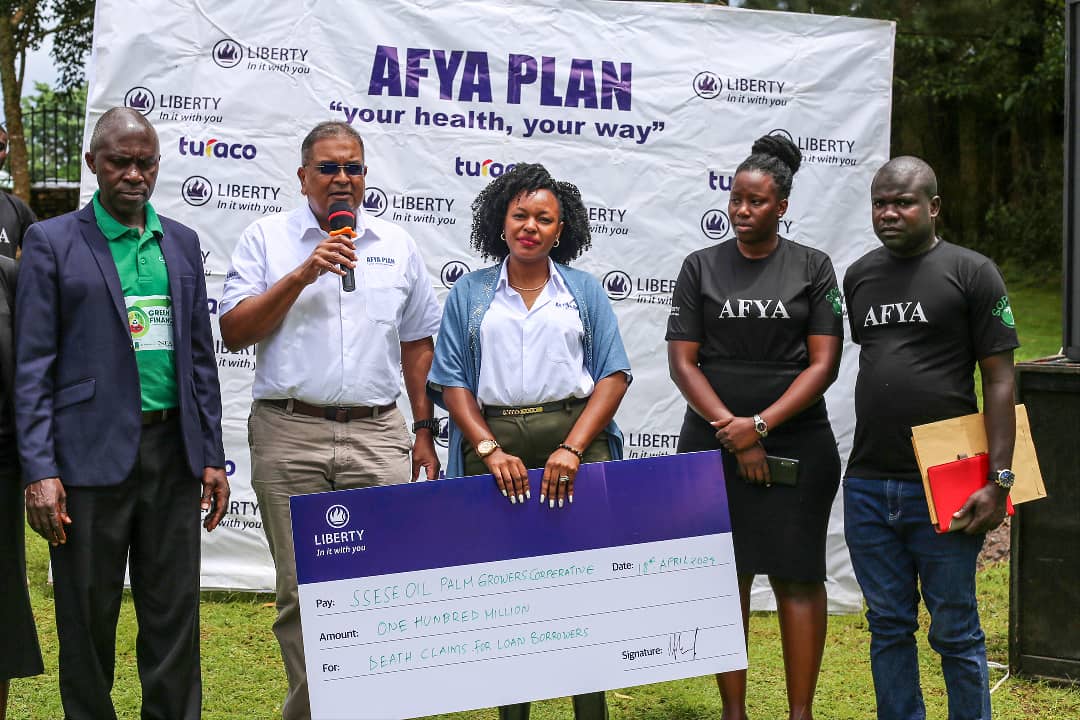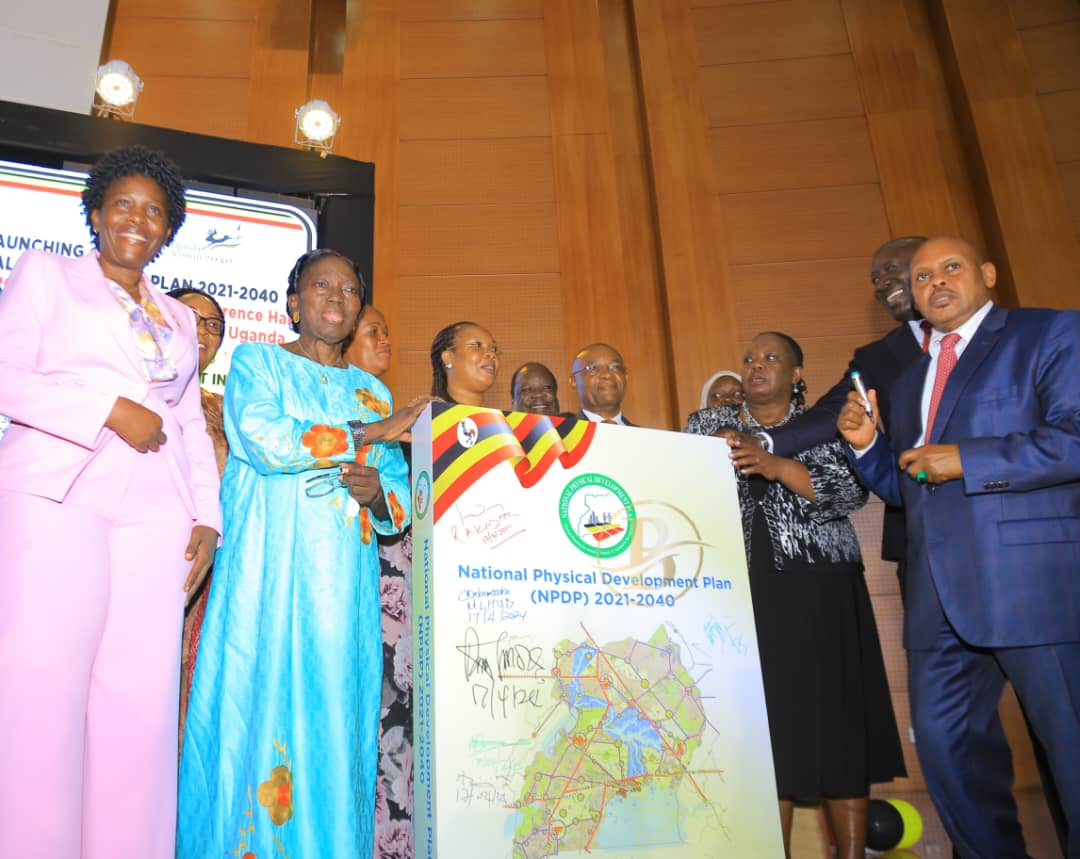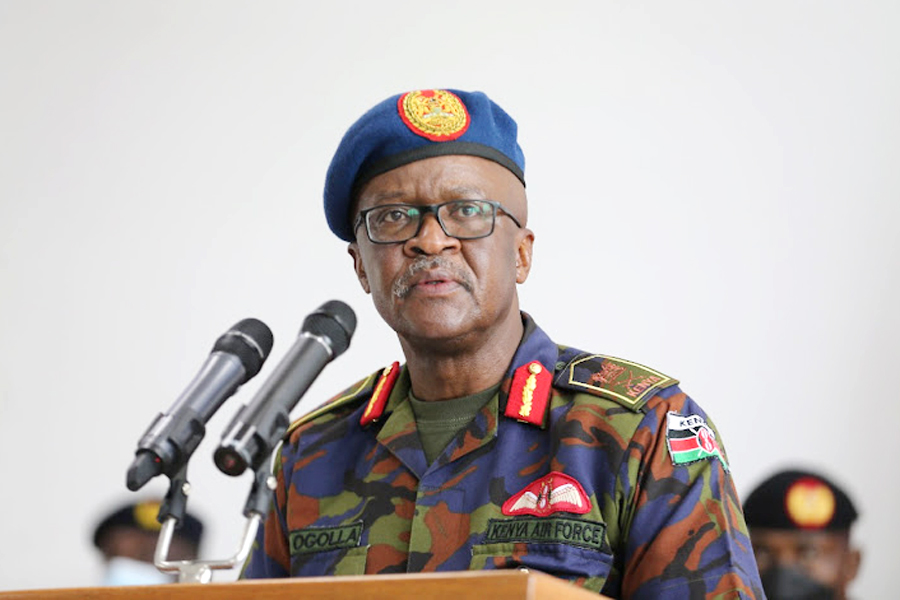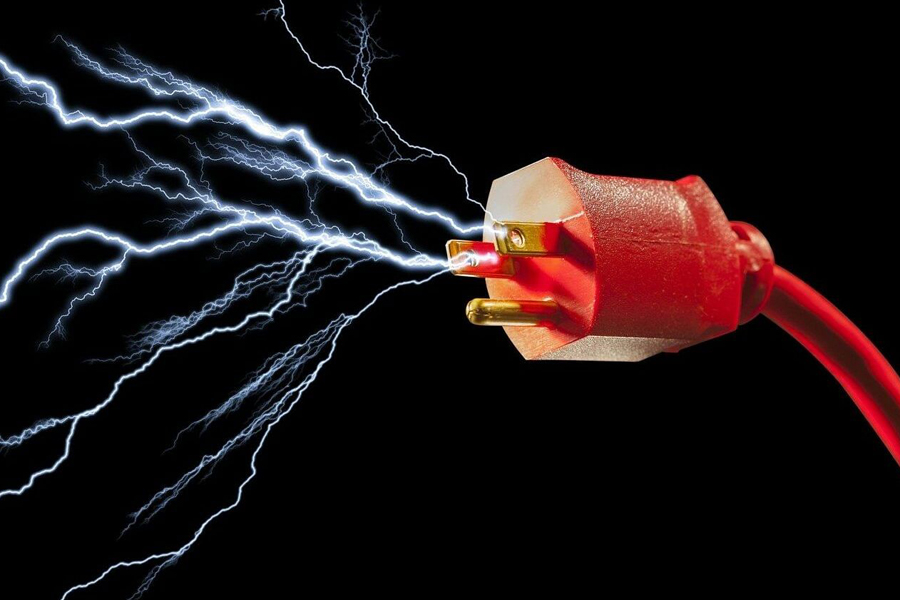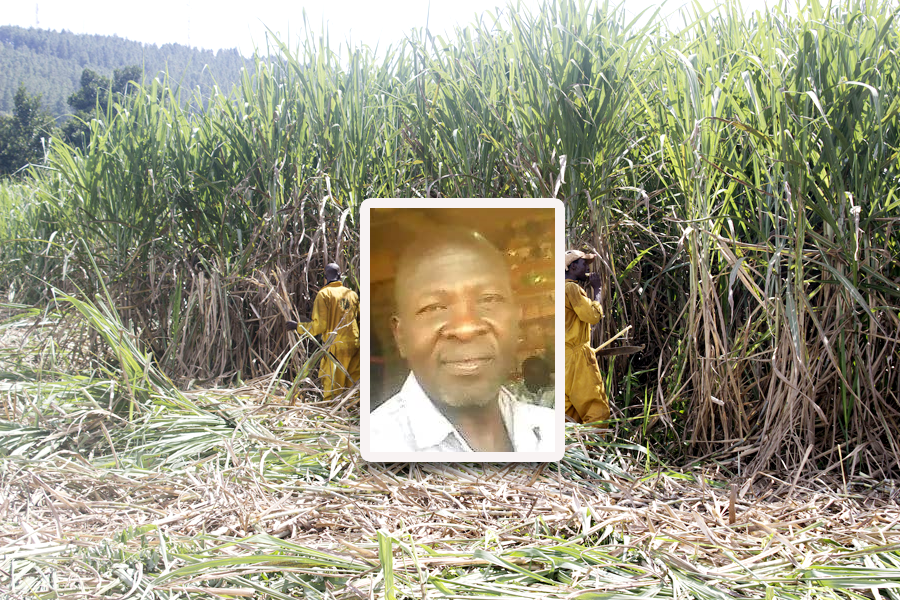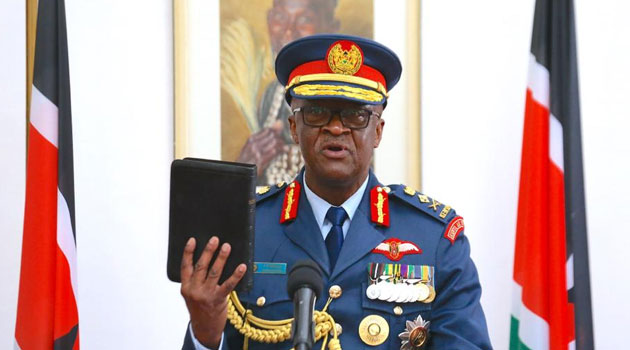EU parliament concerns on EACOP are based hearsay, says gov’t
The Ugandan government has said it is yet to receive a formal statement registering concerns and reservations by the European Union parliament about the East African Crude Oil Pipeline(EACOP) but insisted all that was said is hearsay.
A few weeks ago, the EU parliament voiced concern over “human rights violations” in Uganda and Tanzania linked to investments in the 1,445-kilometer-long pipeline that draws crude oil from wells in western Uganda in Hoima district to Tanzania’s seaport of Tanga.
Keep Reading
- > Rev Can Ateirweho lists priorities as he starts work as Bunyoro Kitara Bishop
- > Liberty pays shs100m in life insurance claim to Kalangala family
- > Uganda Charts Course for Sustainable Growth with National Development Plan
- > Speaker Among calls for guidelines to streamline transportation of school children
“There are human rights violations including wrongful imprisonment of human rights defenders, the arbitrary suspension of NGOs, arbitrary prison sentences and the eviction of hundreds of people from their land without fair and adequate compensation,” the EU parliament said, arguing that more than 100,000 people risk being displaced.
The EU lawmakers consequently asked TotalEnergies to take a year before launching the project to study the feasibility of an alternative route.
The development has since divided opinions among Ugandans.
Speaking on Tuesday, the State Minister for Energy, Peter Lokeris said government has been waiting for the official complaint from the EU parliament about the EACOP but noted nothing has yet arrived in accordance with diplomatic channels.
“There is no formal write up to us(from EU parliament). The normal way is writing to us officially but this has not yet happened,”Lokeris said.
“The EU parliament resolution on violations of human rights in Uganda and Tanzania linked to investments in fossil fuels projects has not yet been formally served on Uganda. Upon receipt, the government of Uganda will provide a comprehensive response to the issues raised through the appropriate channels.”
According to the Director of Petroleum, refining, conversion, transmission and storage at the Petroleum Authority of Uganda, Dzith Abeinomugisha, Uganda will formally respond case by case and issue by issue if they get formal complaint from the European Union lawmakers.
“We have only seen and read the concerns on their website but the main element on EACOP by EU was for TotalEnergies to stop operations for one year to study and address environmental issues. What they are recommending was actually done. We had three routes studied and the one passing through Tanzania was studied as the best route in terms of environment and social issues,”Abeinomugisha said.
He insisted that all the EU lawmakers recommended had already been done by government before the project started.
“They are only recommending what has been already done. They should have asked us.”
Distortions, hearsay
However, according to Minister Lokeris, the claims by the European Union parliament are not founded but rather “distortions and hearsay”.
He explained that the selection of the EACOP route followed an evaluation of three routes including Hoima- Lokichar- Lamu ,Hoima-Mombasa, both in Kenya, and Hoima-Tanga in Tanzania before coming up with the latter.
“The evaluation was based on best pipeline routing principles, including social, environmental, safety and economic considerations. The Hoima - Tanga route was selected as the best route for Uganda after careful evaluation based on the best pipeline routing principles. In addition, Uganda has up-to-date stringent laws on the environment and protected areas, which are strictly followed in developing oil and gas projects,” the State Minister for Energy said.
He explained that the EACOP project was designed to minimize irremediably harming the livelihoods of farmers, fisher folk and tourism business owners who depend upon the region's rich natural resources.
A specific Human Rights Impact Assessment (HRIA) was therefore undertaken, and targeted measures were put in place to address any potential adverse effects on land-based livelihoods as part of the project. Thus, we would like to strongly disagree with the misleading narrations of human rights abuses detailed in the resolution about oil and gas projects.”
According to the junior energy minister, compensation and relocation of people affected by the project was done in accordance with international standards, mentioning the International Finance Corporation and Equator Principles as some of those followed.
He however accused the EU parliament of inflating the number of people affected project to 100,000.
“The EACOP in Uganda affected 3,648 people and not 100,000 or so as claimed by the EU Parliament), of which 2,662 have already signed compensation agreements and 1,977 fully paid.”
“Contrary to the claims in the EU Parliament's resolution, the compensation process is progressing well, and no land has been acquired before fair and adequate compensation payment. Ugandans are already reaping benefits from the progress of the oil activities, with 160,000 people expected to be employed at the peak of activities. Currently, 5,000 people are employed, of which 94% are Ugandans.”
The ministry however noted that government will officially respond to EU parliament if they get formal complaint .


